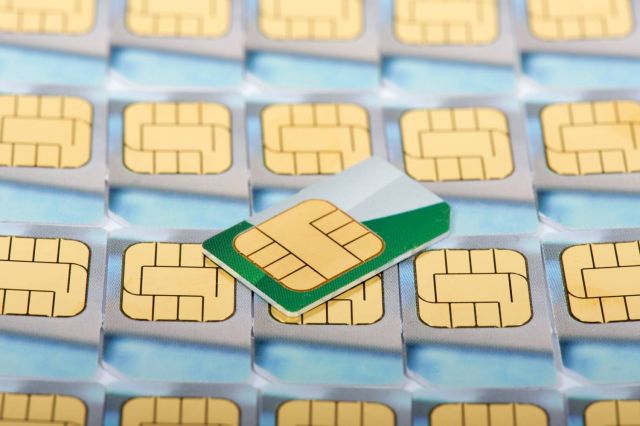Identity thieves are using increasing unemployment rates to receive money in your name. As a record number of Americans continue to file for unemployment, identity thieves are taking advantage of the situation by committing unemployment fraud against overwhelmed state agencies. But it’s not just state programs that are paying the consequences. Criminals are using stolen personal information of individuals to make fake claims.
People are discovering that identity thieves have fraudulently filed for unemployment using their name after receiving details about their benefits from the state. Victims who are still working instantly recognize that something is wrong. But what if you need to legitimately file for unemployment but find a criminal has already done so using your information?
Many states have an Unemployment Fraud number that you can call if you suspect you’re the victim of fraud. However, due to coronavirus, many of these services are overwhelmed, meaning you can’t get through to the appropriate government agencies. If the Unemployment Fraud number gives you a busy signal, you can use our steps below to report the fraud.
How to report unemployment fraud
1. You can visit https://www.dol.gov/general/maps/fraud to find the contact information for your state’s unemployment offices. Reach out to the office immediately and report any info you have on the fraud.
2. If your employer originally told you that you had filed an unemployment claim, make sure you get the claim ID that was printed on the letter your employer received.
3. If you received a notification in the mail, provide your own name, address and employer account numbers to help the unemployment office keep careful track.
4. Maybe you did file for unemployment, but you were denied because the thief had already filed. Cooperate with the office and provide as much info as possible.
5. You can create an account at www.ssa.gov, which will allow you to look at your earnings statement. If you find errors in this statement, that’s a telling sign that a fraudulent income might have been reported in your name.
6. Double-check copies of your credit report from each major credit bureau (Equifax, Experian, Transunion).
7. If your credit reports are accurate, you can set a fraud alert on your report. This makes it harder for an ID thief to open more accounts in your name, because a business must verify your identity before it issues credit.
a. Equifax: https://www.equifax.com/personal/credit-report-services/; 800-685-1111
b. Experian: https://www.experian.com/fraud/center.html; 888-EXPERIAN (888-397-3742)
c. Transunion: https://www.transunion.com/fraud-alerts; 888-909-8872
8. If your credit report shows inaccuracies, you need to request a credit or security freeze. This will prevent a thief from opening new credit accounts in your name.
a. Equifax: https://www.equifax.com/personal/credit-report-services/; 888-685-1111
b. Experian: https://www.experian.com/fraud/center.html; 888-EXPERIAN (888-397-3742)
c. Transunion: https://www.transunion.com/credit-freeze; 888-909-8872
How to report tax fraud
If you think you may be or could become a victim of tax-related identity theft, take action now. File IRS Form 14039 to inform the Internal Revenue Service that you think tax fraud could be a problem for you. Fill out this form and send it to the IRS: https://www.irs.gov/pub/irs-pdf/f14039.pdf
Don’t let identity thieves get the best of you
No matter what type of fraud is being committed in your name, always report identity theft at https://www.identitytheft.gov/. While you’re doing that, you can call your IDShield Licensed Private Investigator. Your IDShield Membership gives you access to unlimited consultation, free copies of your credit report, monitoring of your various accounts and more. Your Licensed Private Investigator will do whatever it takes as long as it takes to restore your identity to its pre-theft status. Do you want to get ahead of the identity thieves? Learn more about Privacy and Reputation Management today!
IDShield is a product of Pre-Paid Legal Services, Inc. d/b/a LegalShield (“LegalShield”). LegalShield provides access to identity theft protection and restoration services. IDShield plans are available at individual or family rates. For complete terms, coverage and conditions, please see an identity theft plan. All Licensed Private Investigators are licensed in the state of Oklahoma. This is meant to provide general information and is not intended to provide legal advice, render an opinion, or provide any specific recommendations.







